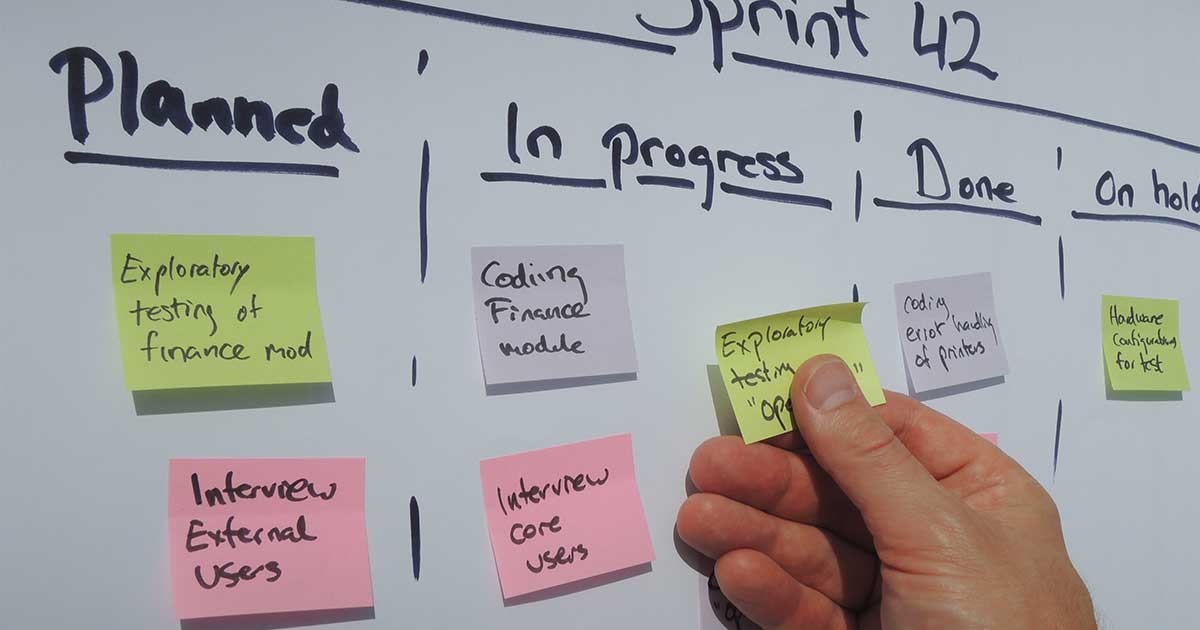
The Future of Quality and Project Management
Implementing project management and quality management programs introduces change into the work environment. It means moving people from old methods, structures and procedures into new ones. It involves learning new skills and roles. Even for a stable organization, it is difficult to manage the transition using regular structures and approaches to training. Managing the change process from the initial successful pilot to full realization of project management and quality management systems is a complex and challenging task that requires continued attention from management.
Successful project management systems require that the organization undertake a significant cultural change because project management systems have a profound effect on: reporting structures, performance systems, communication systems and resources. Employees need to be prepared for the changes that will be necessary and to understand the benefits of the change.
Our research of over 750 organizations worldwide, From Crisis To Control: A New Era in Strategic Project Management, has provided some key insights into the future of project management. Here are some of the trends we have noted from the findings of our research:
1. More organizations will implement a strategy and culture initiative to ensure success with projects.
Our research indicates that organizations are missing an opportunity to align projects with organizational strategies and do not effectively manage their capacity to undertake complete projects successfully. To overcome these deficiencies many organizations set up Project Management Offices. Despite this investment, many of these Project Management Offices have failed to deliver on the promise of measurable impacts on the bottom line.
The research shows that successful project management systems require that the organization undertake a significant cultural change because project management systems have a profound effect on the structures, systems and resources of the organization. Employees need to be prepared for the changes and understand how it will benefit them.
2. Organizations will start to recognize that Quality Management is part of successful project management.
Our research found that more effort was given to organizational tasks than to establishing processes or guidelines to prioritize projects in alignment with the organization’s strategic plan. Project quality systems will evolve to establish quality standards for processes and documents used in projects. The “ISO 10006, Guidelines for Quality Management in Projects” improves project management. This guideline provides direction on the management of project processes within a quality management system in order to achieve project objectives.
3. Project Management Offices will become passé.
Despite considerable effort and investment in Project Management Offices, the findings of our research indicate that for the most part, they fail to gain the approval of senior management team. Just as quality departments and quality steering committees no longer exist, the Project Management Office will also become passé, having played out it’s role as an agent of change inside the organization. Instead, senior management will focus on the interests of the organization as a whole and decide on strategic importance of projects and resource allocation requirements.
4. The role of the project manager as a unique position will die.
Just as the role of the quality manager is no longer today what it was 15 years ago and this job title is rarely found in organizations today, similarly, we see that the role of the project manager will also evolve to become a work skill that is part of every employee’s job responsibility. This will require a cultural shift in how projects will be managed in the organization.
5. Performance management systems will incorporate the management of projects as part of a total job performance measurement.
It is evident from the research findings that current performance management systems are out of touch with how work is being done today. The rise of Matrix Management Systems, in which staff has dual responsibility; day-to-day operations – to their direct supervisor and functionally – to a head office specialist, require staff to be involved in projects as part of their job function (which is not part of their job description). Yet existing performance management systems fail to properly reward and recognize employees assigned to project and quality teams. Performance management systems must therefore incorporate the overall performance of an employee according to their job description in combination with their performance on projects and quality initiatives.
6. Organizations will seek out training that combines both quality and project knowledge-based learning.
As project quality systems become implemented by more and more organizations, a new skill requirement will evolve that we refer to as “Business Process Management.” This competency will combine quality and project management knowledge. Organizations will soon begin searching for curriculums that span both areas to accommodate the merge of these two disciplines as a critical skill.
7. Project and quality principles will be infused into everyone’s roles within an organization.
As principles of project management fuse with quality management requirements, organizations will expect a quality-based approach to the management of projects so that corporations are able to successfully execute projects time after time. Quality and project management will be infused into everyone’s roles and will impact all organizational departments.
Summary
Organizations that do not follow best practices are at a competitive disadvantage to those who apply a structured process to each project. Newer approaches to training, development and consulting must consider these newer approaches to the overall management of the change initiative. A quality-based approach to the management of projects gives corporations the ability to successfully execute projects time after time. This requires the careful management of the organization’s project and quality cultures. The future looks bright for those organizations that are prepared to pay attention to these trends.


